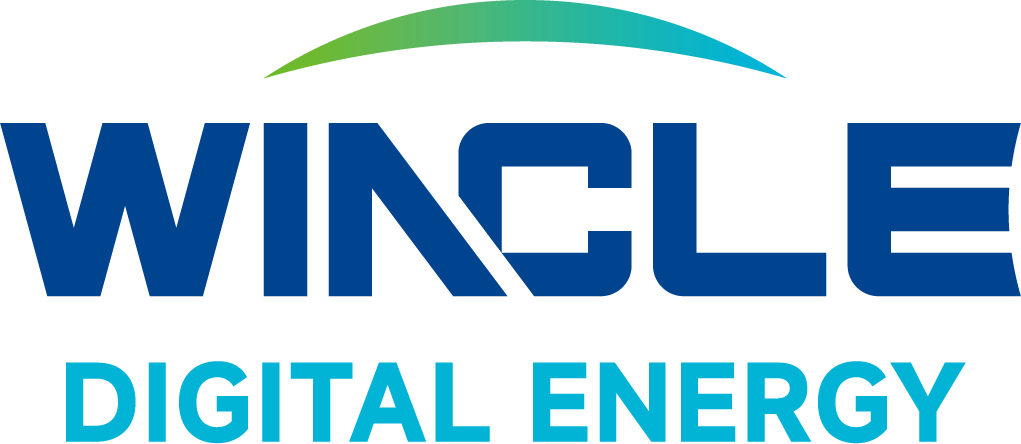Unlocking the Potential of Customized 258kWh Cabinet ESS for Efficient Power Management
Release time:
2025-01-11
Source:
In the rapidly evolving landscape of energy management, the customized 258kWh Cabinet Energy Storage System (ESS) stands out as a pivotal solution. As businesses focus on optimizing energy use and enhancing efficiency, understanding the intricacies of this technology can empower decision-makers to make informed choices.
A customized 258kWh Cabinet ESS offers scalable energy storage that can be tailored to meet specific operational needs. This level of customization is crucial for industries that require reliable power supply without interruptions. By storing excess energy during low demand periods, businesses can utilize this stored energy during peak periods, reducing reliance on grid power and mitigating energy costs.
One of the key benefits of a customized ESS is its ability to integrate with renewable energy sources, such as solar or wind power. This synergy allows for better energy management and sustainability, key components in today’s corporate responsibility frameworks. The ability to store energy generated during peak production times and use it when demand spikes can significantly enhance operational resilience.
When considering the implementation of a customized 258kWh Cabinet ESS, businesses should evaluate several technical aspects. First, the selection of battery technology is paramount. Lithium-ion batteries are commonly chosen for their high energy density and efficiency, but other options like flow batteries may provide longer cycle life and scalability, depending on the application.
Furthermore, the system’s design should facilitate easy maintenance and upgrades. A modular design allows for future expansion, accommodating growing energy demands without necessitating a complete system overhaul. This adaptability is essential in a world where energy requirements are constantly evolving.
Additionally, businesses should prioritize monitoring and management systems integrated within the cabinet. Advanced energy management software can provide real-time data analytics, allowing for proactive decision-making and optimization of energy flow. By leveraging such technologies, companies can not only save on operational costs but also contribute positively to their sustainability goals.
Lastly, compliance with industry standards and regulations is critical when deploying a customized 258kWh Cabinet ESS. Ensuring that the system meets safety guidelines and performance metrics can help in mitigating risks associated with energy storage and usage.
In conclusion, a customized 258kWh Cabinet ESS represents a transformative opportunity for businesses in the electrical and power distribution sector. By understanding its technical capabilities and benefits, organizations can harness this technology to enhance energy efficiency, cut costs, and promote sustainable practices.
A customized 258kWh Cabinet ESS offers scalable energy storage that can be tailored to meet specific operational needs. This level of customization is crucial for industries that require reliable power supply without interruptions. By storing excess energy during low demand periods, businesses can utilize this stored energy during peak periods, reducing reliance on grid power and mitigating energy costs.
One of the key benefits of a customized ESS is its ability to integrate with renewable energy sources, such as solar or wind power. This synergy allows for better energy management and sustainability, key components in today’s corporate responsibility frameworks. The ability to store energy generated during peak production times and use it when demand spikes can significantly enhance operational resilience.
When considering the implementation of a customized 258kWh Cabinet ESS, businesses should evaluate several technical aspects. First, the selection of battery technology is paramount. Lithium-ion batteries are commonly chosen for their high energy density and efficiency, but other options like flow batteries may provide longer cycle life and scalability, depending on the application.
Furthermore, the system’s design should facilitate easy maintenance and upgrades. A modular design allows for future expansion, accommodating growing energy demands without necessitating a complete system overhaul. This adaptability is essential in a world where energy requirements are constantly evolving.
Additionally, businesses should prioritize monitoring and management systems integrated within the cabinet. Advanced energy management software can provide real-time data analytics, allowing for proactive decision-making and optimization of energy flow. By leveraging such technologies, companies can not only save on operational costs but also contribute positively to their sustainability goals.
Lastly, compliance with industry standards and regulations is critical when deploying a customized 258kWh Cabinet ESS. Ensuring that the system meets safety guidelines and performance metrics can help in mitigating risks associated with energy storage and usage.
In conclusion, a customized 258kWh Cabinet ESS represents a transformative opportunity for businesses in the electrical and power distribution sector. By understanding its technical capabilities and benefits, organizations can harness this technology to enhance energy efficiency, cut costs, and promote sustainable practices.
customized 258kWh Cabinet ESS
latest news












